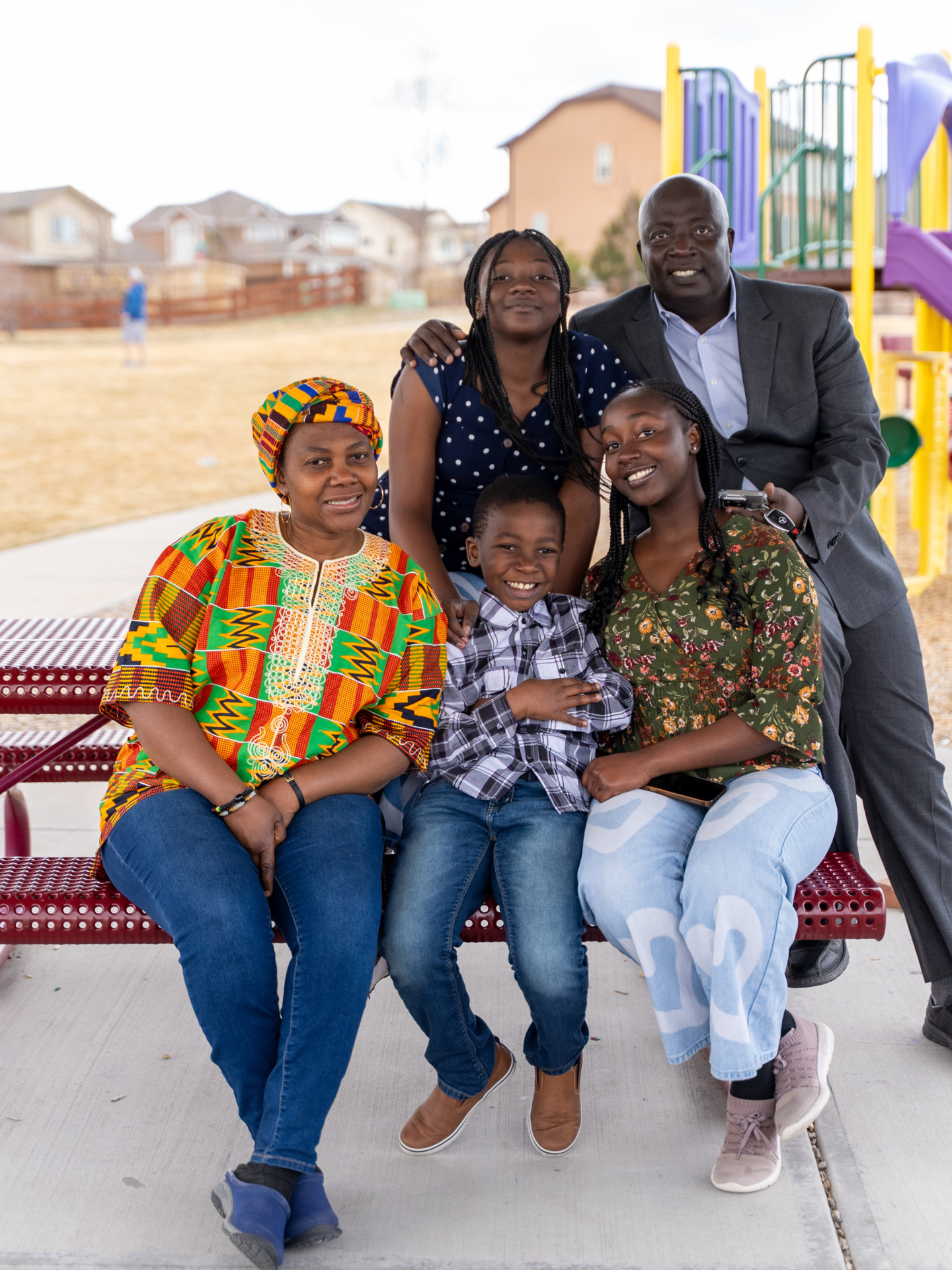Become a Therapeutic & Treatment Foster Care Parent
Currently, there are more than 200 children and youth receiving care in a congregate care setting, such as a residential treatment center or group home. Therapeutic and treatment foster families can provide similar levels of treatment but in a family setting. A significant challenge in Colorado is finding additional qualified therapeutic and treatment foster parents to meet the needs of these children and youth.

Helping children who have experienced trauma
The Family First Prevention Services Act is a federal law that encourages local child welfare agencies to use federal funding to provide services that keep kids safe and growing up in their own families. However, if a child or youth is unable to safely live with their parents or caregivers, child welfare agencies are committed to helping them grow up in families where they have access to trauma-informed treatment as research strongly suggests growing up in a family is essential for all kids, especially those who have experienced abuse or neglect.
The easy answer is anyone who can become a foster parent can become a therapeutic or treatment foster parent. Typically, experienced foster parents who are committed to working with children and youth with complex needs are individuals who have worked in education, mental health, law enforcement, residential treatment or medical fields. While experience in these fields can prove invaluable to individuals who want to become treatment foster care parents, committed adults aren’t required to have a specific background to provide therapeutic and treatment level foster care.
Treatment foster care is a type of foster care in which children and youth who have high levels of emotional, behavioral or mental health needs receive treatment from a highly trained foster parent in a home. Therapeutic Foster Care is a new type of foster care that also serves children and youth who have higher levels of needs.
Both therapeutic and treatment foster care parents are highly trained to provide intensive caregiving and support the treatment being provided.
Treatment foster care providers typically care for one child or youth at a time but can have up to two youth in care in their home. And therapeutic foster care providers can care for up to six children and youth in their home at one time.
Treatment foster care providers receive and additional 32 hours of training and weekly visits from their support workers, while therapeutic foster care providers receive an additional 12 hours of specialized training and bi-weekly visits from their support team.
The following organizations train and certify parents for treatment and or therapeutic foster care. To learn more, visit: